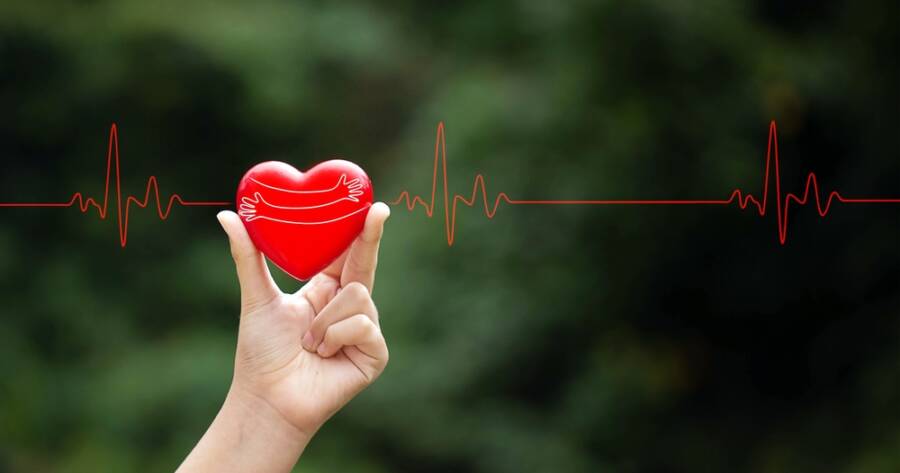Hypertension, commonly known as high blood pressure, is a condition that affects millions of people worldwide. It occurs when the force of the blood against the artery walls is consistently too high, which can lead to serious health issues like heart disease and stroke if left unchecked. Despite its prevalence, many people with hypertension may not even know they have it, as it often has no clear symptoms. This article aims to provide you with a thorough understanding of hypertension, its causes, effects, and ways to manage it effectively.
What Is Hypertension?
Hypertension is generally defined as having a consistent blood pressure reading above 130/80 mmHg. Blood pressure is measured in two numbers: systolic pressure (the higher number, which measures the force when the heart beats) and diastolic pressure (the lower number, which measures the force when the heart rests between beats). A reading higher than normal may signal hypertension, though a single high reading does not necessarily indicate the condition. For a diagnosis, multiple readings over time are usually necessary.
The causes of hypertension can vary. In some cases, it may be due to underlying health conditions, such as kidney disease or hormonal disorders. In other cases, lifestyle factors such as poor diet, lack of physical activity, smoking, or excessive alcohol consumption may contribute to the condition. Understanding the possible triggers and causes is crucial in managing hypertension effectively.
Risk Factors for Developing Hypertension
Several factors can increase the likelihood of developing hypertension. While some risk factors, such as age and family history, are beyond our control, others are manageable.
Age is a significant risk factor, as the condition becomes more common as people get older. The arteries naturally become stiffer with age, which can increase blood pressure.
Family history plays a role too, as hypertension can run in families. If one or both parents have high blood pressure, it can increase your chances of developing the condition.
Certain lifestyle factors such as being overweight, eating a high-salt diet, or not getting enough physical exercise can significantly increase the likelihood of hypertension. Stress and excessive alcohol consumption are also linked to higher blood pressure levels. By being mindful of these factors and making healthy choices, you may be able to lower your risk.
Symptoms of Hypertension: Silent but Serious
Hypertension is often referred to as the “silent killer” because it typically does not cause noticeable symptoms until it has reached a dangerous level. Many people live with high blood pressure for years without realizing it. Some might experience vague symptoms such as headaches, dizziness, or nosebleeds, but these are not definitive signs of hypertension.
The lack of clear symptoms makes it all the more important to monitor blood pressure regularly, especially for individuals who have risk factors like a family history or an unhealthy lifestyle. Routine checks are recommended for adults, particularly those over the age of 40. If diagnosed early, hypertension can often be managed effectively with lifestyle changes or medication.
How Hypertension Affects Your Health
If left untreated, hypertension can have serious consequences. Chronic high blood pressure can damage your blood vessels and organs, leading to conditions like heart disease, kidney failure, and stroke. It can also cause vision problems, as high pressure can damage the blood vessels in the eyes.
Furthermore, hypertension increases the workload on your heart, which may lead to heart enlargement, weakening, and heart failure. It may also lead to plaque buildup in your arteries, which can reduce blood flow and increase the risk of clot formation. This combination of effects makes managing blood pressure so critical for long-term health.
Managing Hypertension: Lifestyle Changes and Treatment
Managing hypertension is often possible with a combination of lifestyle changes and, if necessary, medications. The first line of defense against high blood pressure is often dietary adjustments. Eating a balanced, low-sodium diet rich in fruits, vegetables, lean proteins, and whole grains can make a significant difference. Reducing alcohol consumption and quitting smoking can also be highly beneficial.
Regular physical activity, such as brisk walking or swimming, can help keep your blood pressure in check. The American Heart Association recommends at least 150 minutes of moderate-intensity aerobic exercise per week for those with hypertension.
For those whose blood pressure remains high despite lifestyle changes, doctors may prescribe medication to help manage it. These medications come in various forms, including diuretics, beta-blockers, ACE inhibitors, and calcium channel blockers, among others. Your healthcare provider will tailor the treatment to your specific needs.
When to Seek Medical Attention
If you suspect that you have high blood pressure or if you are experiencing symptoms like chest pain, shortness of breath, or severe headaches, it is important to seek medical attention immediately. Though these symptoms are not always directly related to hypertension, they can indicate that blood pressure has reached dangerously high levels, requiring urgent care.
Regular checkups are essential for anyone at risk for hypertension. Your healthcare provider can help you monitor your blood pressure and guide you in making the right lifestyle changes. If you have been diagnosed with hypertension, following your doctor’s recommendations will be crucial to preventing complications.
The Importance of Prevention and Awareness
Hypertension is a widespread condition that affects many people, often without noticeable symptoms. It’s important to understand the risks and take proactive steps to monitor and manage your blood pressure. Regular checkups, a healthy lifestyle, and staying informed can make a significant difference in preventing the more serious consequences of high blood pressure.
Although hypertension can sometimes require medication to control, making positive lifestyle changes can go a long way in maintaining healthy blood pressure levels. By being aware of your health and seeking the right treatment, you may be able to lower your risk of complications and improve your overall quality of life. Always consult with a healthcare provider for personalized advice and guidance.
